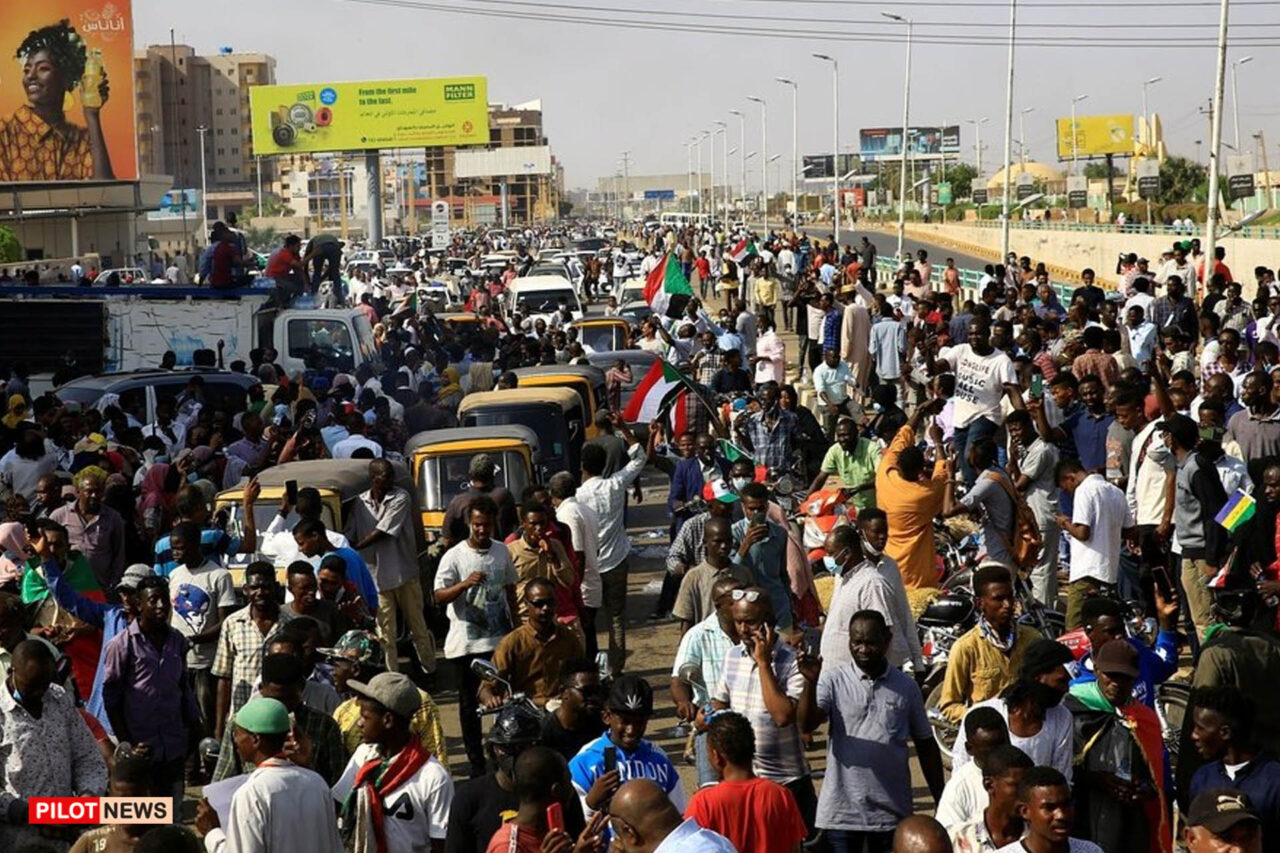The coup in Sudan shows that the military members of the transitional government were never truly committed to implementing democracy in the manner sought by protesters who forced Omar al-Bashir from power in 2019.
By Michelle Gavin, Guest columnist and blogger
Monday’s coup in Sudan represents an attempt by forces who were never interested reform or democracy to derail the country’s transition and protect their own interests at the expense of the rest of the country. No amount of misleading rhetoric or manipulated shows of support can disguise this agenda. But Sudan’s people have forced the hand of these self-serving securocrats before, and with strong and committed international support, they could severely constrain the options of the those responsible for dissolving the transitional government and arresting civilian leaders, including Prime Minister Abdalla Hamdok.
While General Abdel Fattah al-Burhan claims that “the Armed Forces will continue completing the democratic transition,” his actions and those of the military leadership reveal the undeniable reality—they will forcefully resist any attempt to finish the work of the revolution, reform the security services, and establish real lines of accountability between the people and their leaders. It is no accident that the agreed-upon transfer of Sovereign Council leadership from military to civilian leadership was postponed once and then averted by today’s coup, or that efforts to retrieve stolen assets and unwind illicit deals have been a flashpoint for tension. These senior security officials have consistently worked to manipulate transitional arrangements to avoid losing their privileged status, which entails not just access to political power, but also to lucrative economic opportunities, and to freedom from accountability. They have no intention of allowing an election to occur unless they have complete control of the playing field, and they have found support among actors who were brought into the transitional government through peace deals but are unlikely to retain power if citizens are permitted to choose their own leaders.
The military’s disingenuous justifications are particularly galling in light of the hundreds of thousands of pro-democracy protesters who poured into the streets last week, defying attempts to paint a picture of mass popular support for military rule. The pro-democracy coalition, which is vast and diverse, should expect continued efforts to compromise and divide them; this is a familiar playbook in Sudan.
This publication is part of the Diamonstein-Spielvogel Project on the Future of Democracy.
*Michelle Gavin tracks political and security developments across sub-Saharan Africa. This article first appeared in CFR.
- Anambra 2025 Governorship Election Might Be an Open Contest - April 24, 2024
- Anambra Assembly Passes Bill To Prohibit Secret Cults - April 24, 2024
- 2024 Aguata NBA Law Week: AG, Prof. Ifemeje Touts Landmarks and Expectations - April 19, 2024


